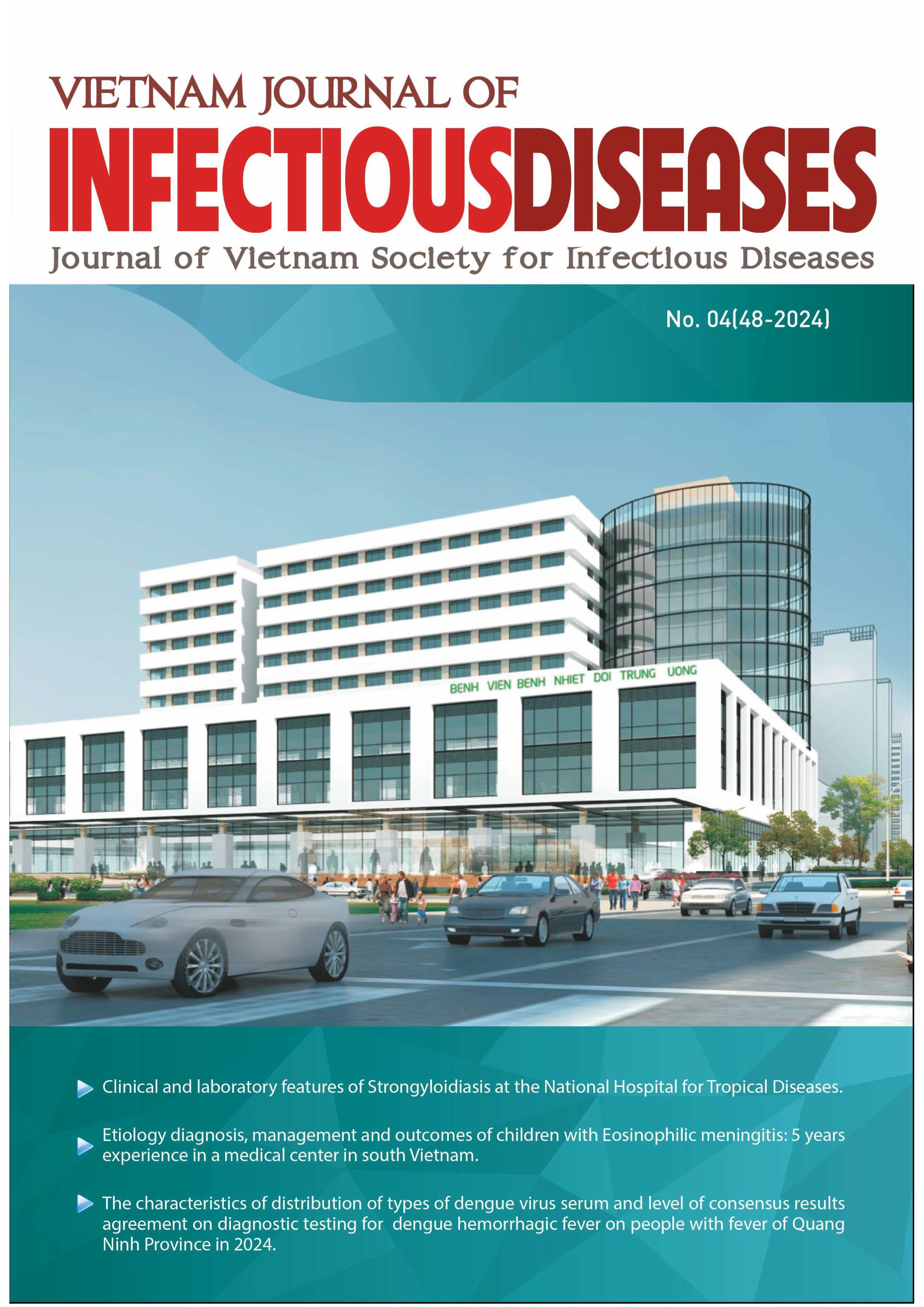PERSONALIZED MEDICINE FOR DIAGNOSIS AND TREATMENT OF NON-SMALL-CELL LUNG CANCER
Main Article Content
Abstract
Lung cancer, the most common cause of cancer death worldwide, with most patients dying from distant metastases, has become increasingly complex in achieving effective treatment. In lung cancer, particularly in non-small-cell lung cancer (NSCLC), EGFR, ALK, RET, ROS1, BRAF, KRAS, NRAS, NTRK, PIK3CA,
DDR2, MET, and ERBB2 have been reported as key oncogenic drivers, which have led to the development and application of targeted therapeutic drugs aimed at these dysfunctional genes. Personalized medicine based on these oncogenic drivers offers the greatest potential benefit in the diagnosis and treatment of NSCLC patients. In particular, personalized medicine is importantly recommended for the treatment of advanced NSCLC. Here, we briefly summarize the significant application of personalized medicine based on key oncogenic drivers for the diagnosis and treatment of NSCLC with targeted therapeutic drugs, both globally and Vietnam.
Article Details
Keywords
Personalized medicine, targeted therapy, lung cancer, non-small-cell lung cancer (NSCLC), diagnosis, treatment
References
and mortality worldwide for 36 cancers in 185 countries. CA Cancer J Clin 71: 209-249, 2021.
2. Li T, Kung HJ, Mack PC, Gandara DR. Genotyping and genomic profiling of non-smallcell lung cancer: Implications for current and future therapies. J Clin Oncol 31(8): 1039-1049, 2013.
3. https://www.medznat.ru/en/practice/medicalbilling/precision-and-personalized-medicineunlocking-the.
4. Reungwetwattana T, Dy GK. Targeted therapies in development for non-small cell lung cancer. J Carcinog 12: 22, 2013.
5. Xue Y, Hou S, Ji H, and Han X: Evolution from genetics to phenotype: reinterpretation of NSCLC plasticity, heterogeneity, and drug resistance. Protein Cell 8(3): 178-190, 2017.
6. Du X, Shao Y, Qin HF, Tai YH and Gao HJ. ALK-rearrangment in non-small-cell lung cancer (NSCLC). Thorar Cancer. 9(4): 423-430, 2018.
7. Gainor JF and Shaw AT. Novel targets in non-small cell lung cancer: ROS1 and RET fusions. Oncologist. 18(7): 865-975, 2013.


